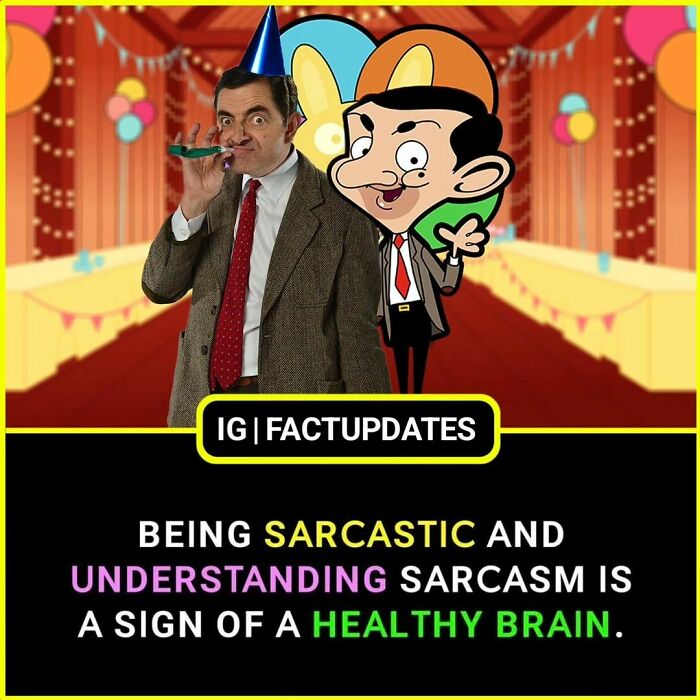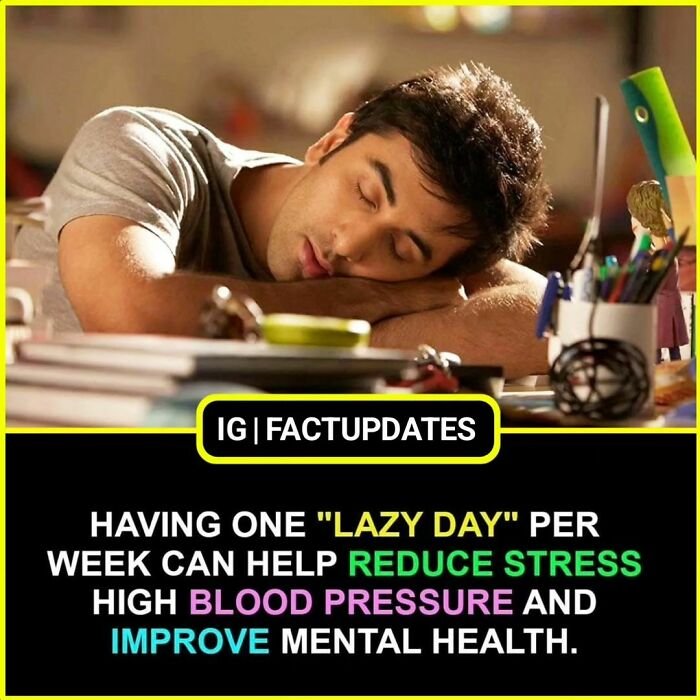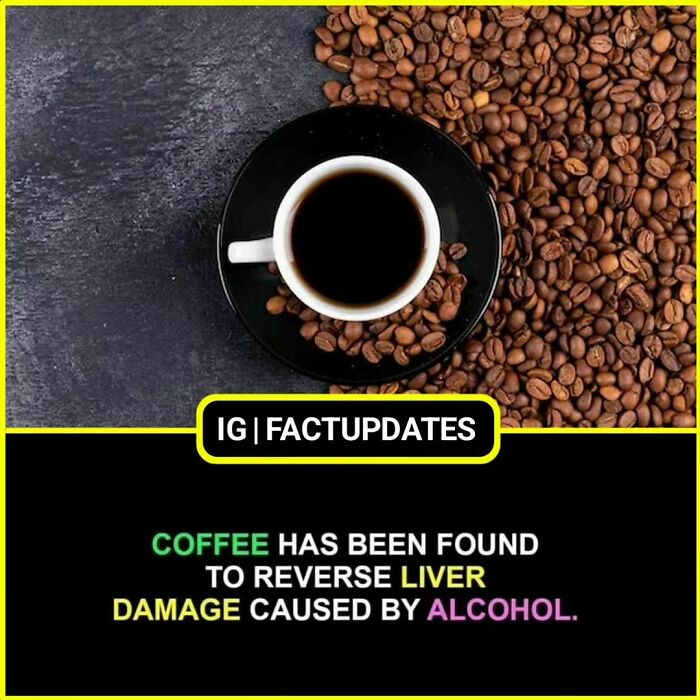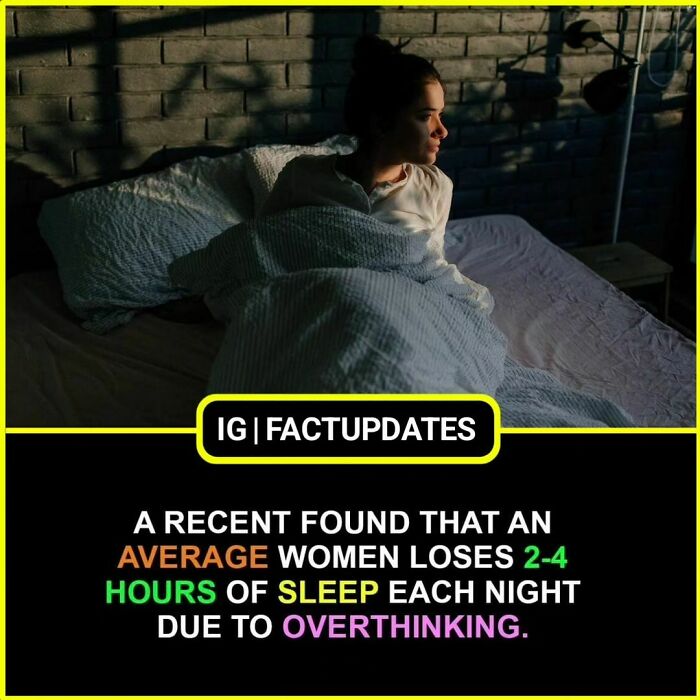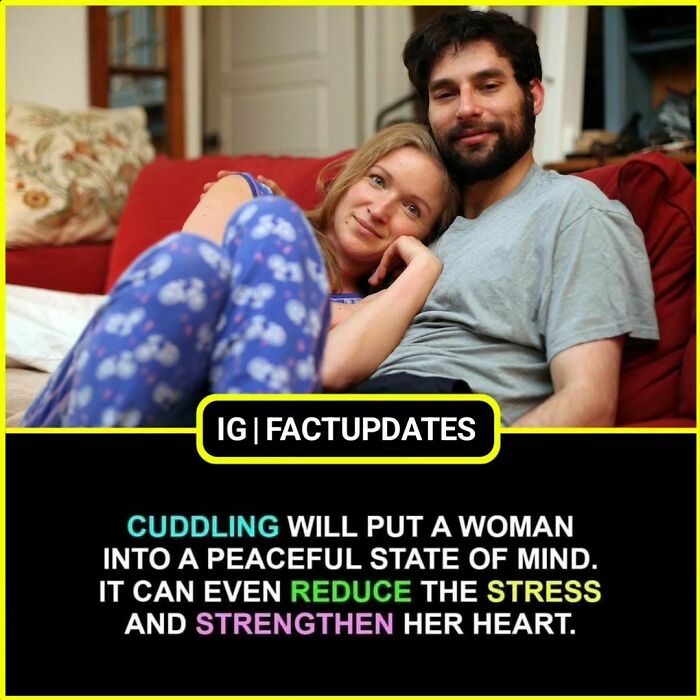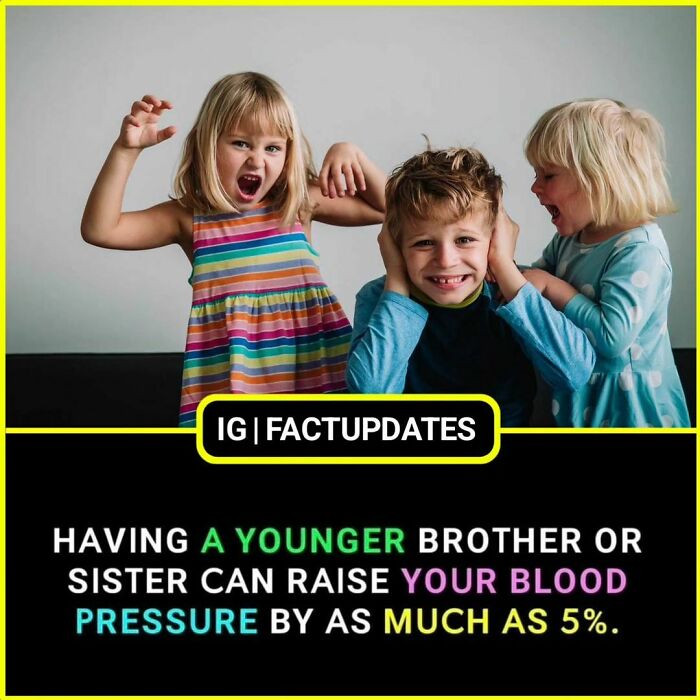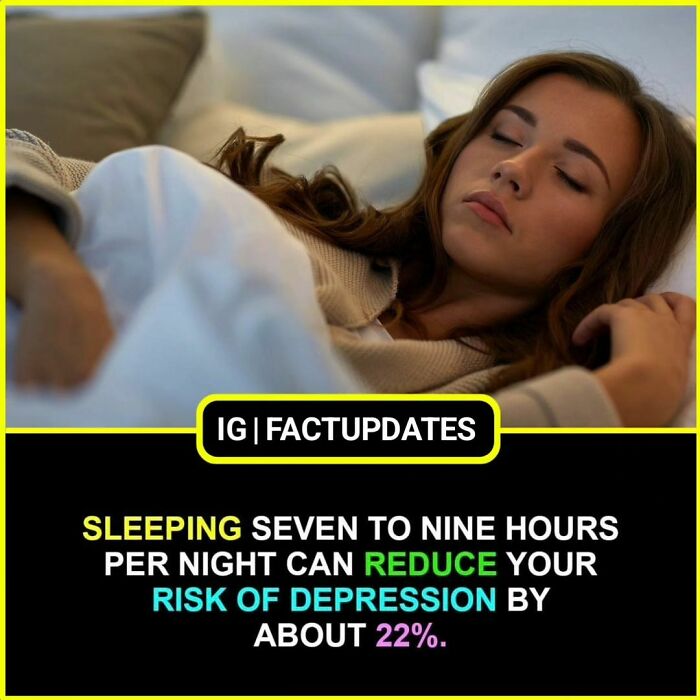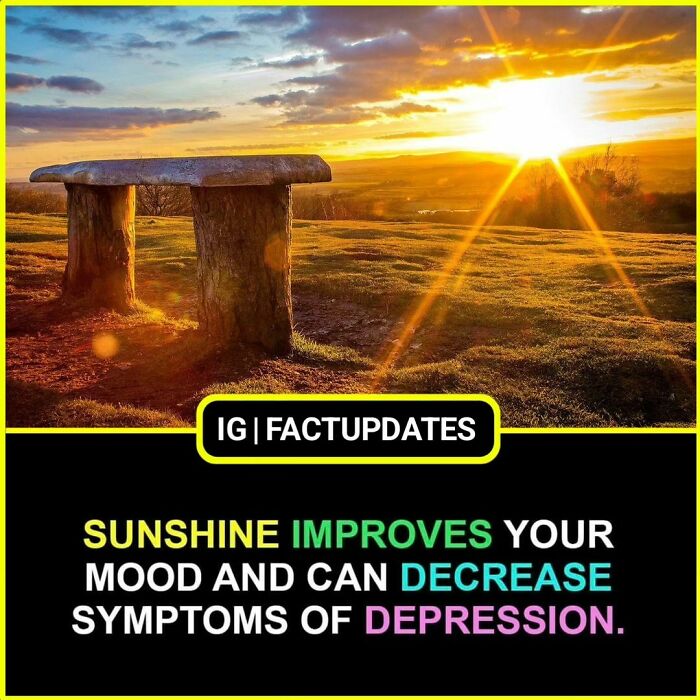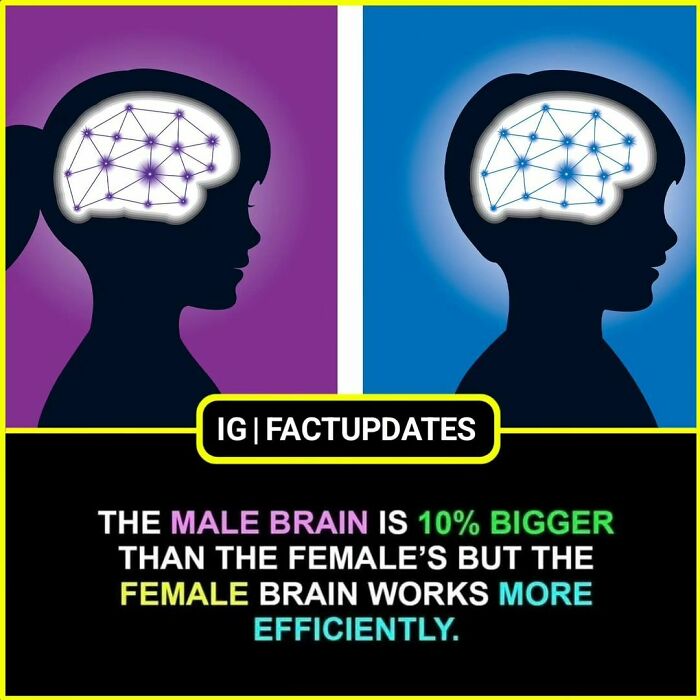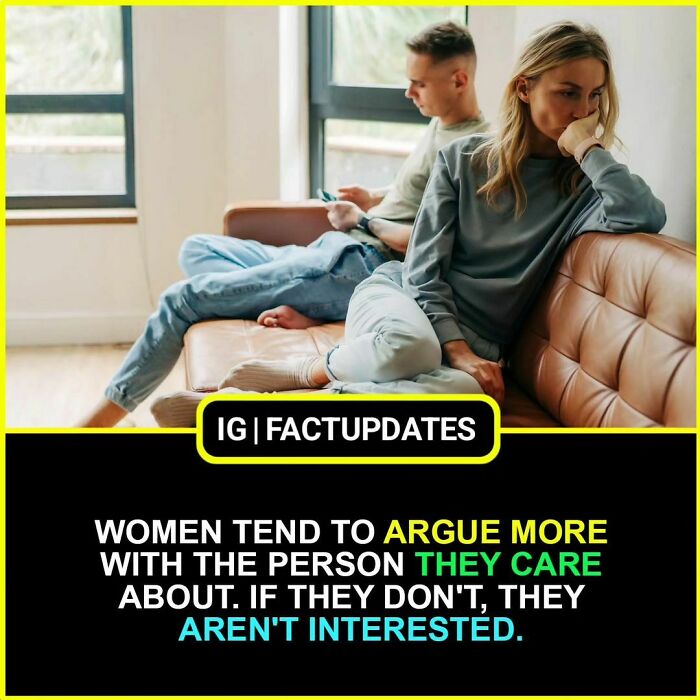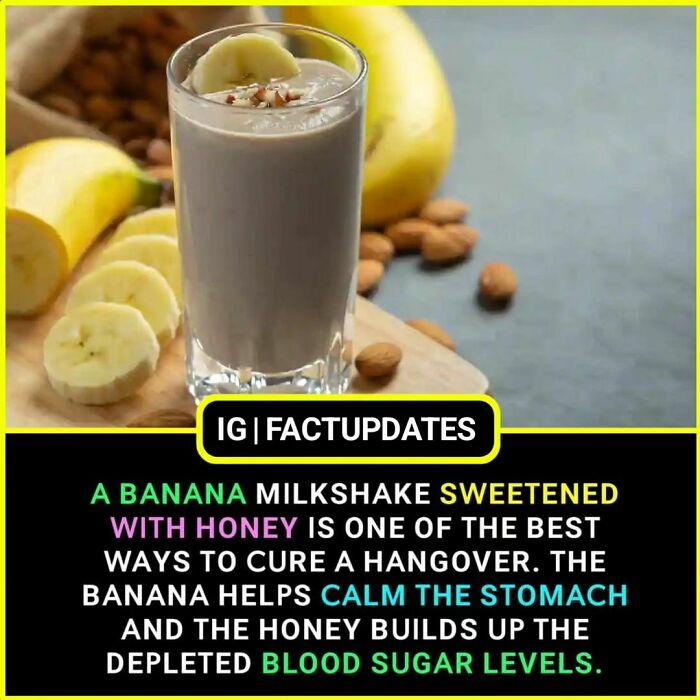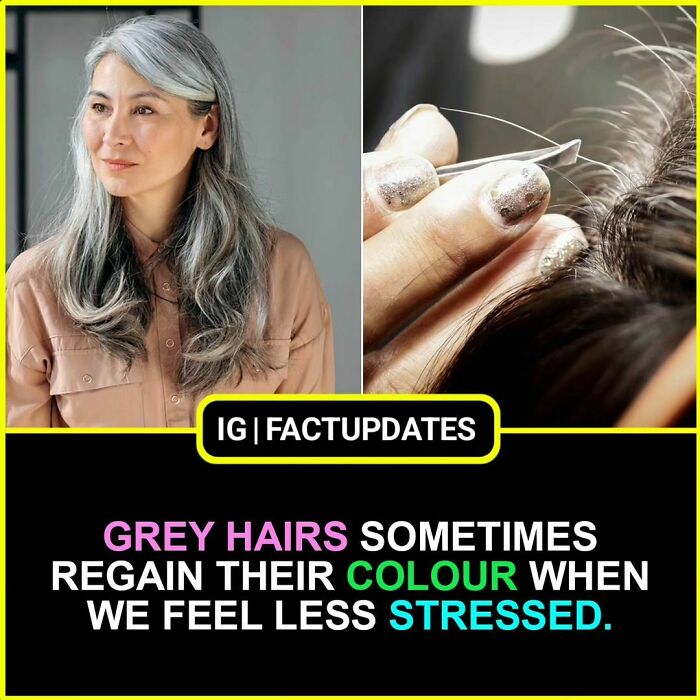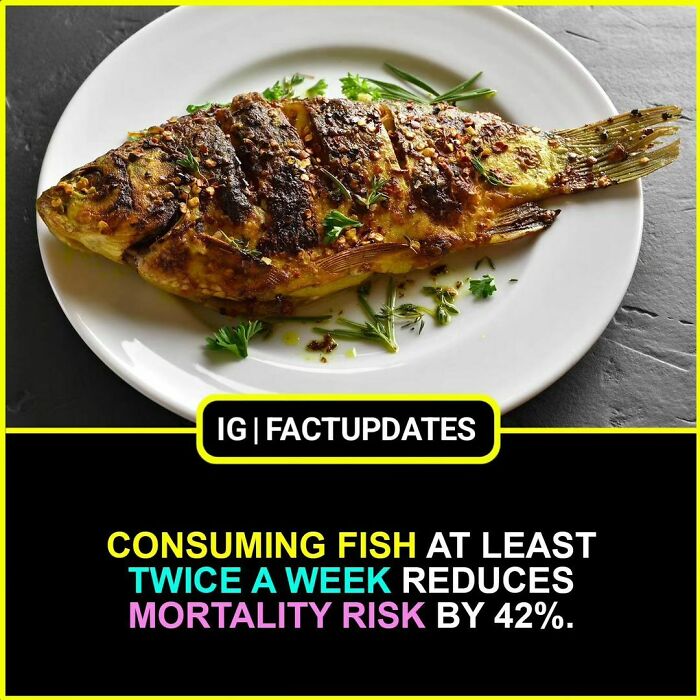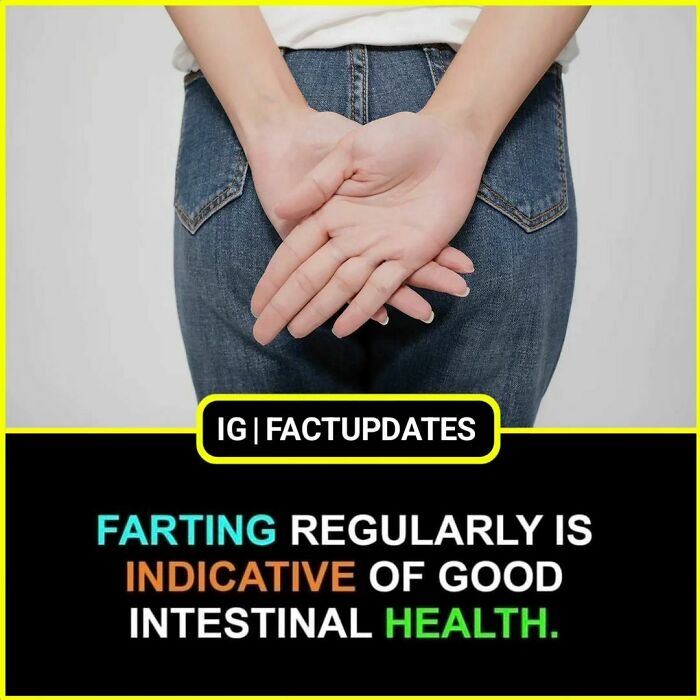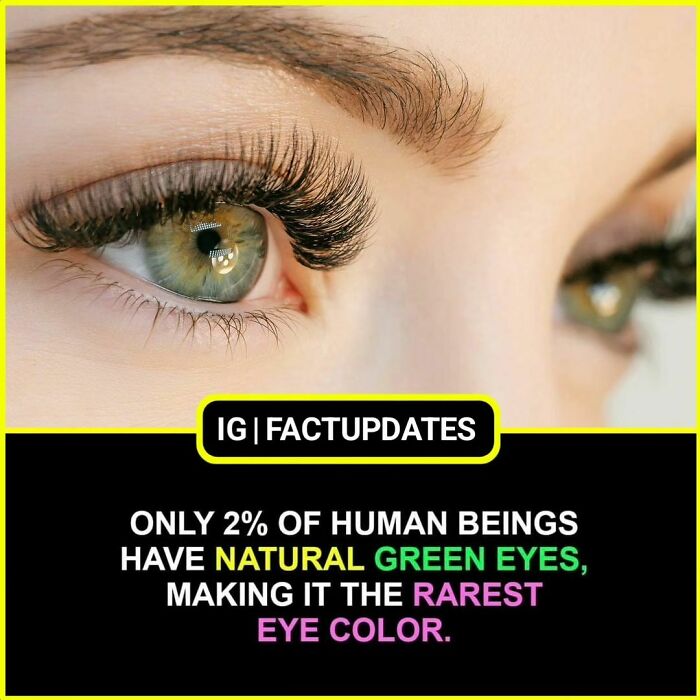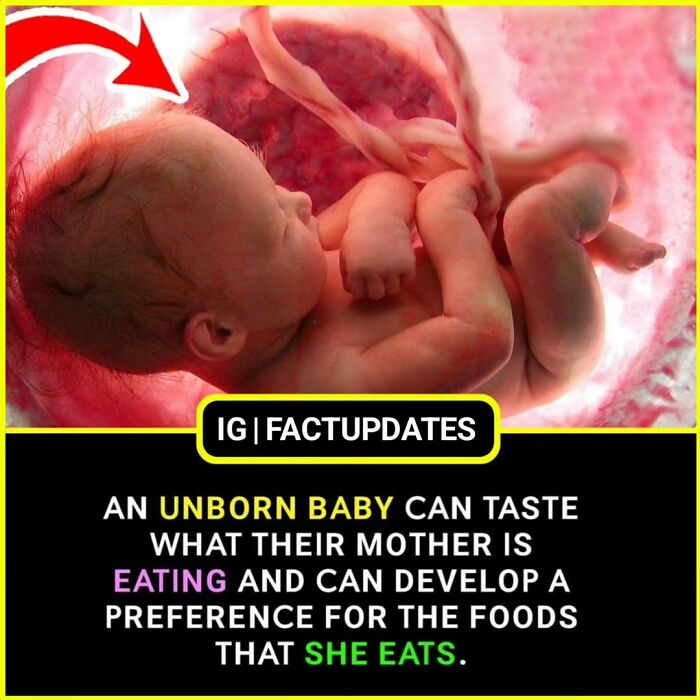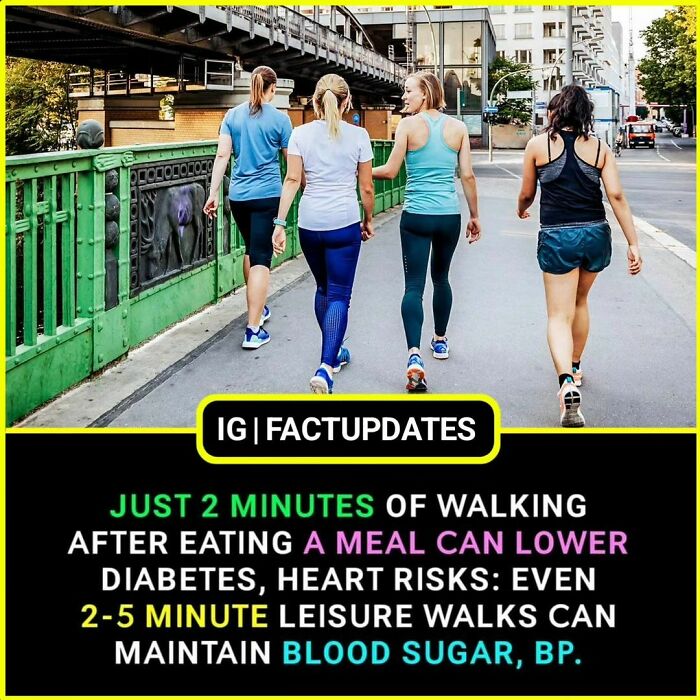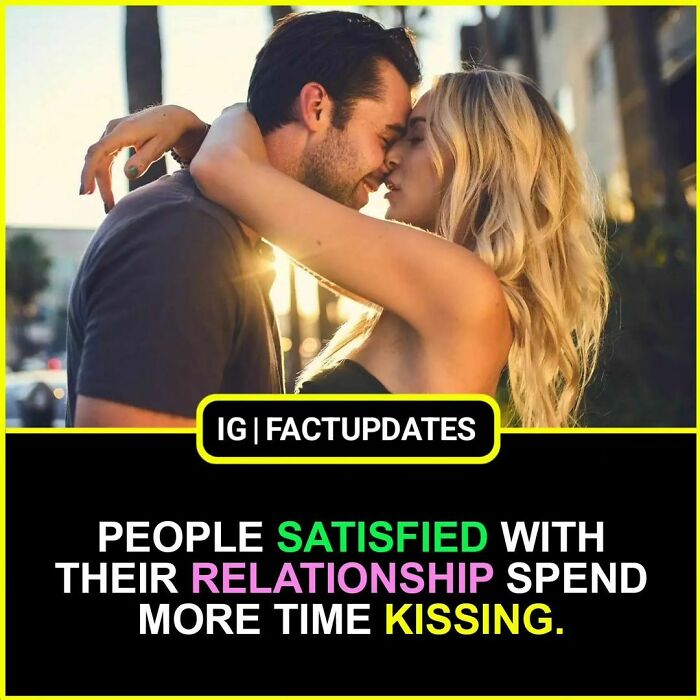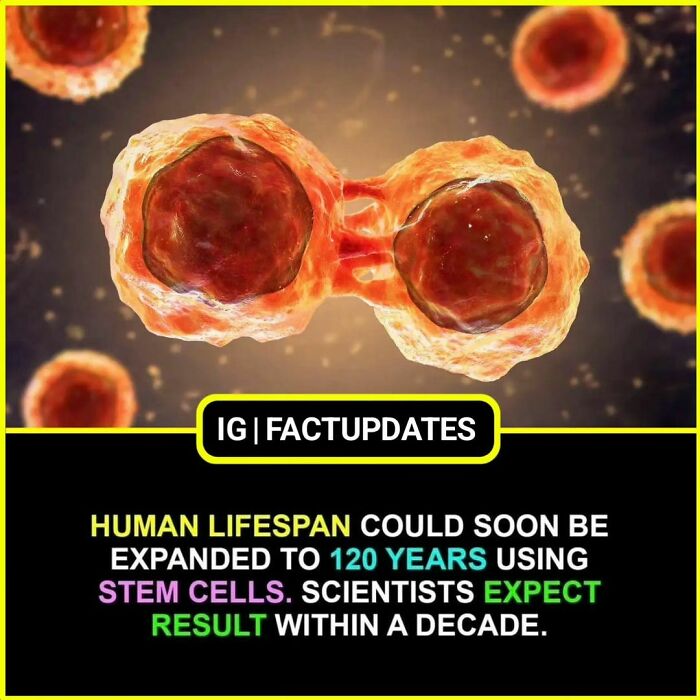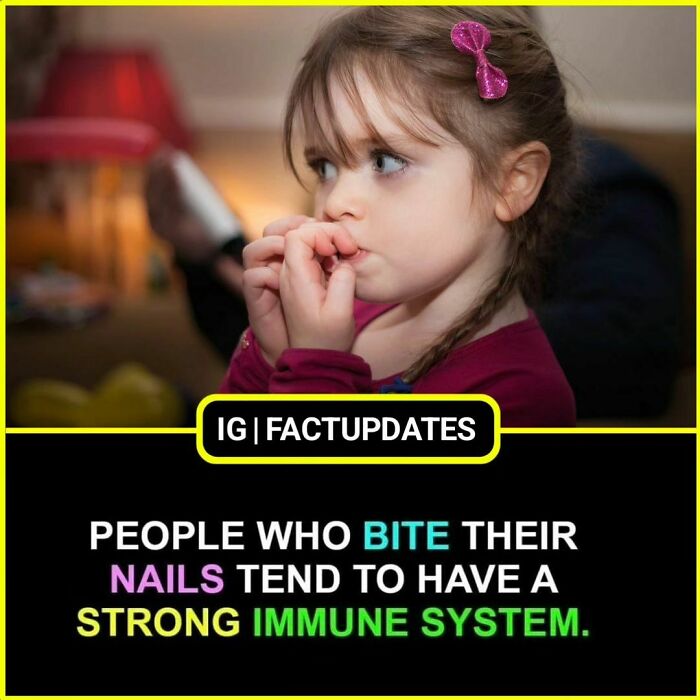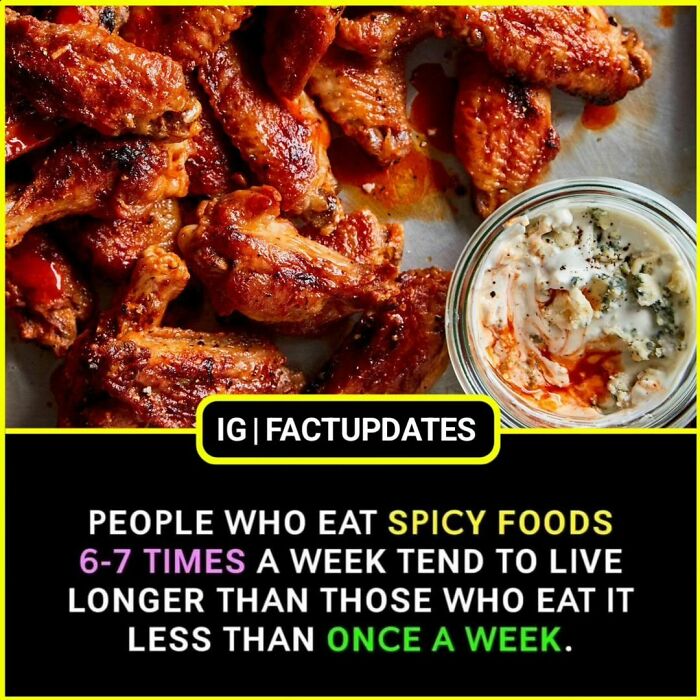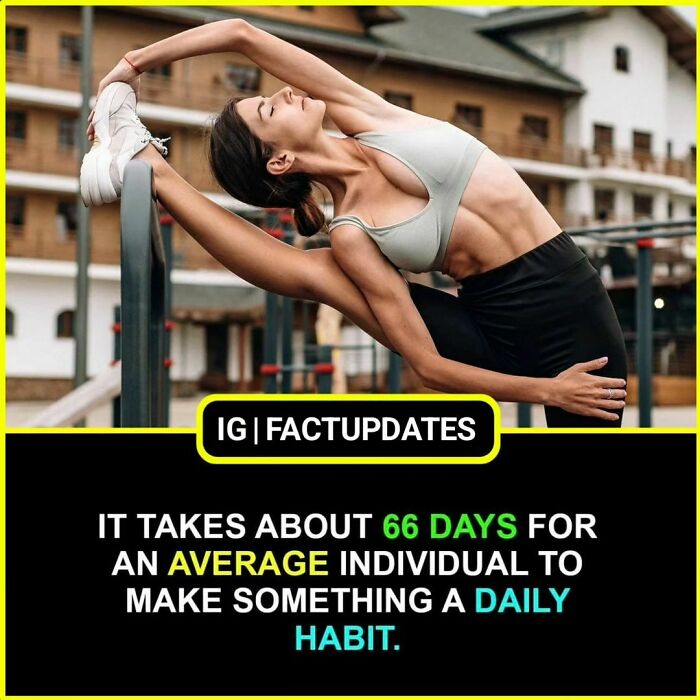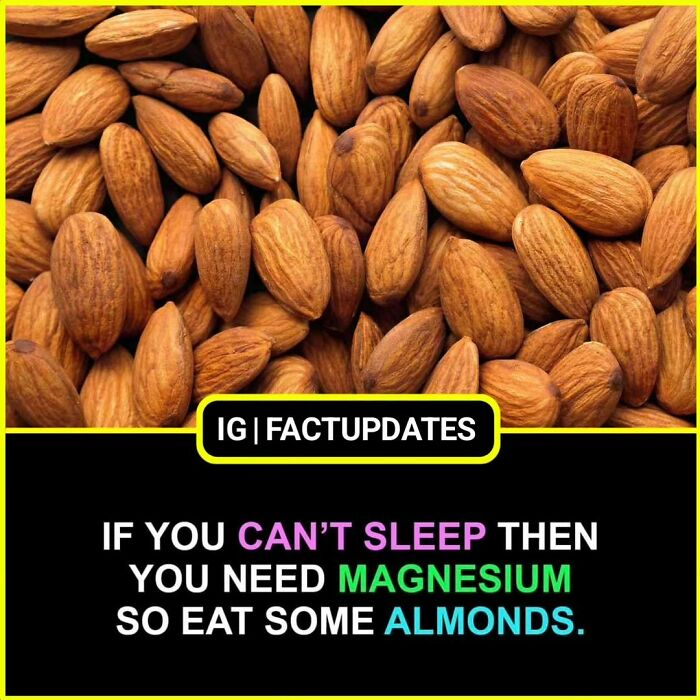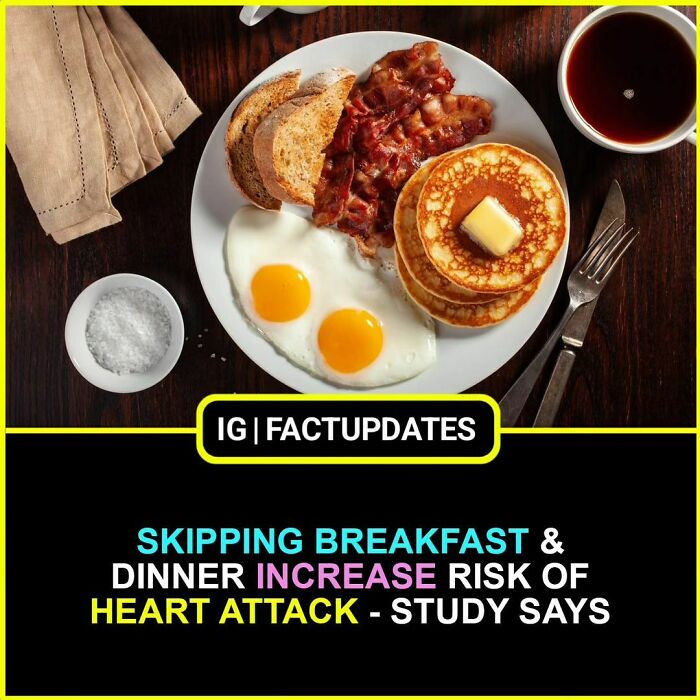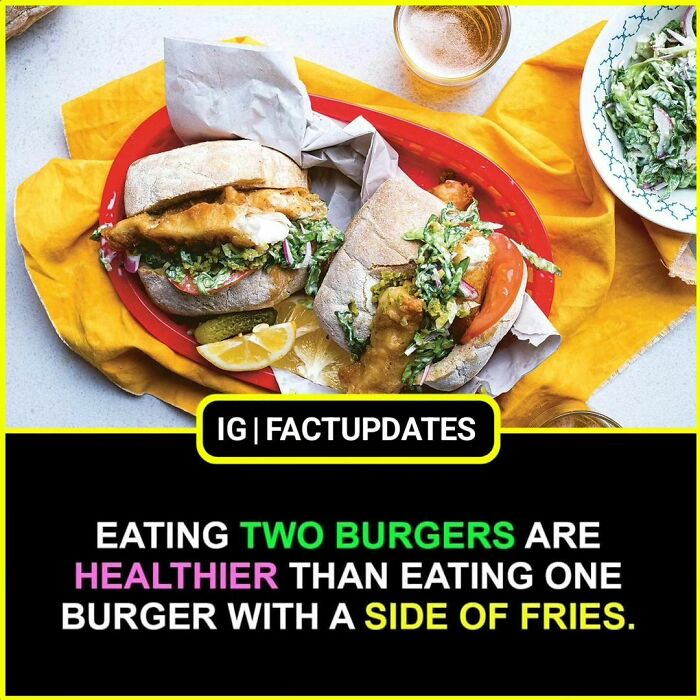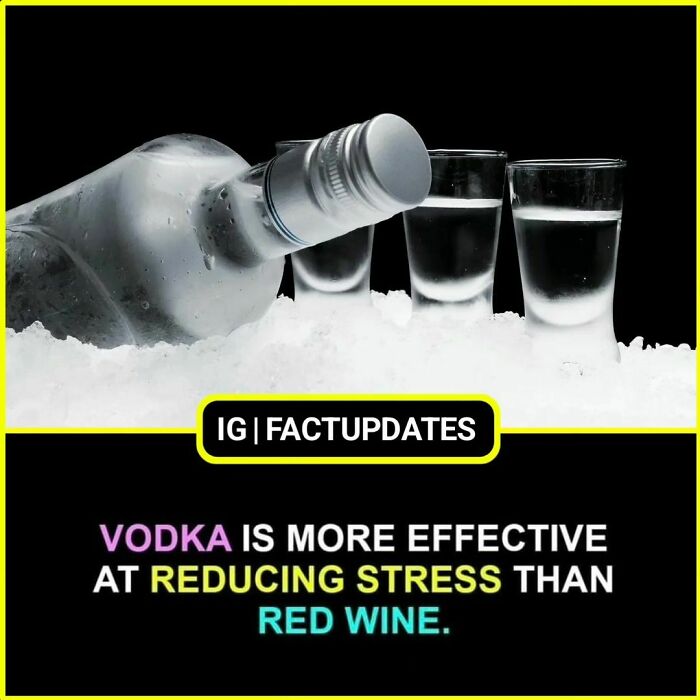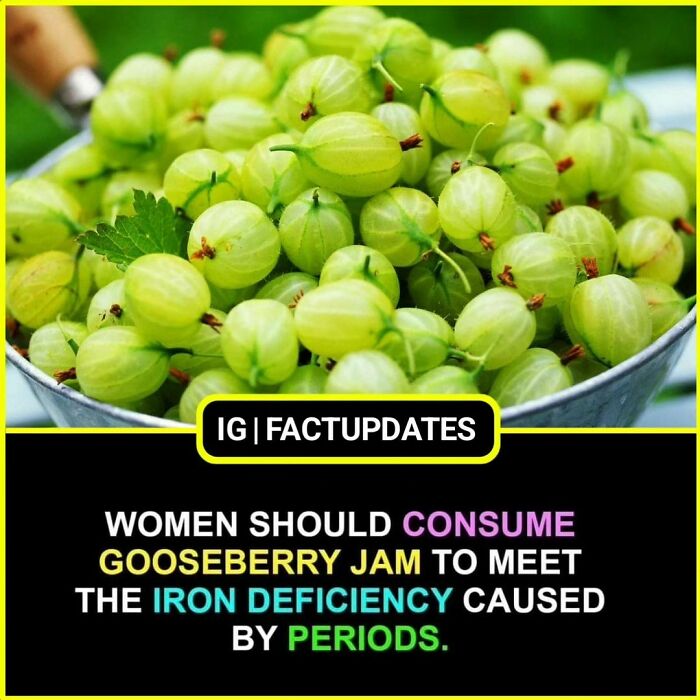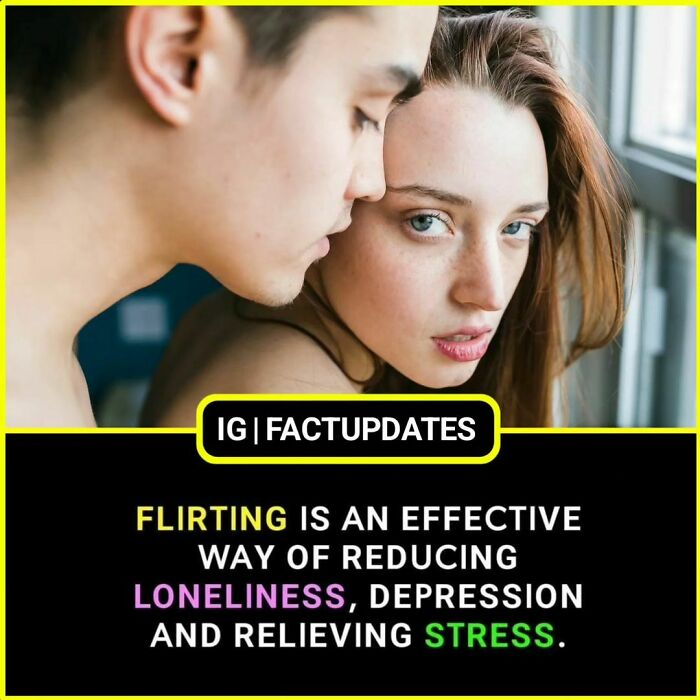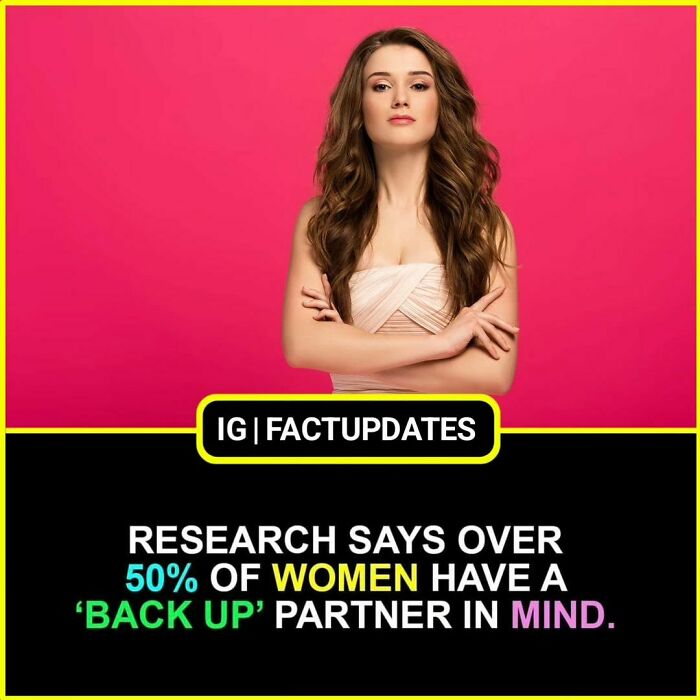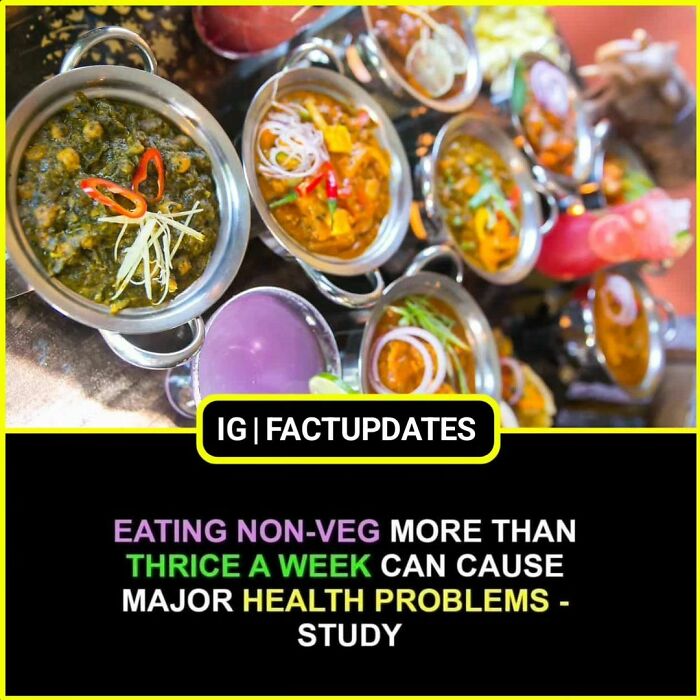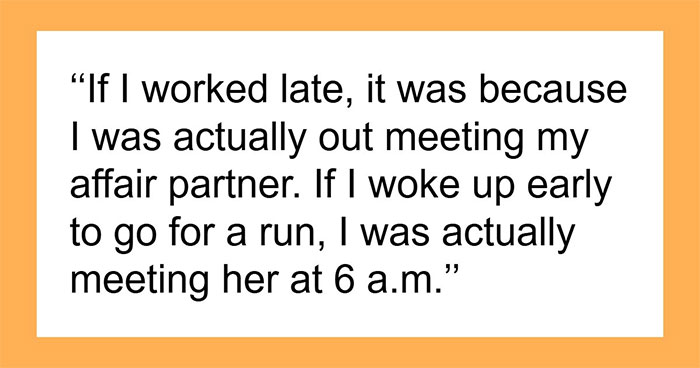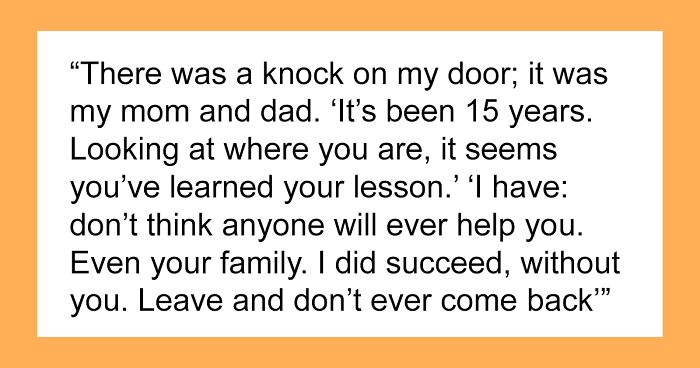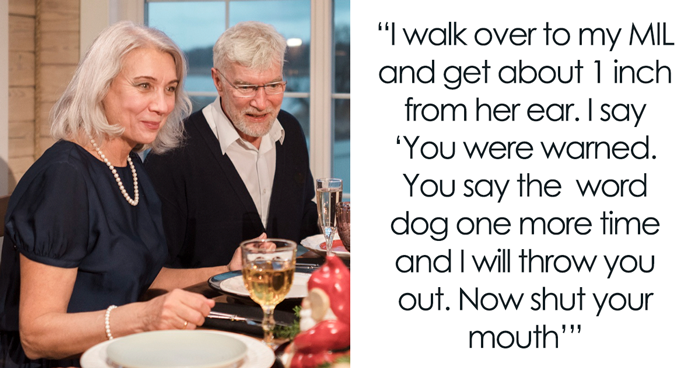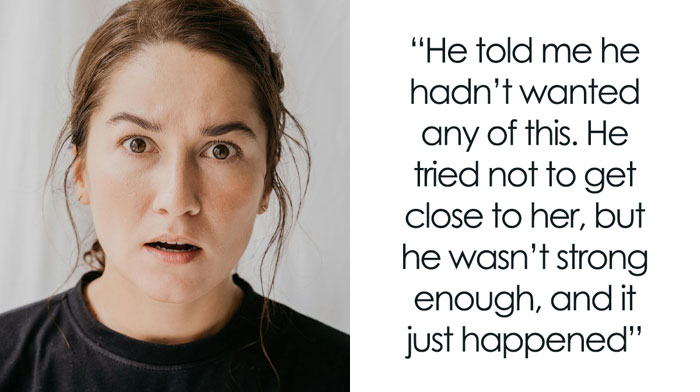“Mondays are tough” is a relatable truth for many, and “laughter is the best medicine” perfectly captures how a good chuckle can brighten our day. But then there are those hard facts, like water boiling at 100°C (212°F), that truly enrich our understanding of the world.
One great place to discover these intriguing facts about all sorts of topics is the Factupdates Instagram account. Today, we've gathered some fascinating tidbits from their page that you won't want to miss Pandas!
This post may include affiliate links.
**Disclaimer. This is a paid subscription, person's that have not registered for the monthly package will have to wait for the adverts to finish before overtaking said vehicle.
I knew it...keep telling my wife that same crow keep looking at me like it's going to kill me one day
In today's world, where we’re constantly bombarded with information, knowing how to differentiate between facts and opinions is a skill we must possess. It's not just about scrolling through your social media or browsing the news—it's about truly understanding what you're reading, hearing, or watching.
By doing so, we are able to make informed decisions in our daily lives. Whether it’s about health, politics, or even simple product review, recognizing facts from opinions helps cut through the noise.
Facts are basically statements that can be proven true or false based on evidence. For example, a fact could be "The Earth orbits the sun." You can usually verify such facts through scientific methods or observation.
Opinions, on the other hand, are personal views or interpretations. An opinion would be something like, "Summer is the best season." But there could be people who believe that winter or monsoon is the best season. Everyone is entitled to their own personal opinion on different matters.
When you know how to distinguish between facts and opinions, it helps you make better decisions and engage in meaningful conversations. Additionally, when you comment on things based on facts, you avoid spreading misinformation.
On the island in the photo with houses and pools, it would definitely be
For instance, let’s say you come across an article about a new diet trend. A fact in that article could be, “This diet helped people lose 10 pounds in one month, as shown in a clinical study." In this case, there is scientific evidence to back up the claim, making it a fact rather than just an opinion.
Having a younger brother can raise blood pressure by 3 to 5.9 per cent, while a younger sister can result in a blood pressure increase of 3.8 per cent.
An opinion, however, could be, “I believe this is the healthiest diet for everyone.” While the study presented evidence, the opinion is a personal belief that might not apply to every individual. So, when you confuse the two, you might start following a diet that might not be beneficial for you at all.
It's almost like stress can affect your physical health or something
Another example is when you're reading a restaurant review. A fact might be, "The restaurant serves Italian food, and their most popular dish is lasagna." You can verify this by looking at their menu or checking customer orders. However, the reviewer might also say, "This is the best lasagna in town!" which is an opinion based on their personal preference. You might love lasagna, but your idea of the "best" could be very different.
I would be worried that my wife would just lock me in and leave me there
In a study from the University of Illinois Urbana-Champaign, participants from the U.S. were asked to categorize 12 statements about current events as facts or opinions. Shockingly, only 45.7% of participants were able to do so correctly.
This highlights just how tricky it can be for people to distinguish between facts and opinions. Without critical thinking, it’s easy to blur the lines and accept opinions as facts, especially in today’s fast-paced, media-driven world.
Contrary to what the internet would have you believe, some people actually enjoy their job, and their coworkers. I'm one of them. I plan to retire in a few years, just because I don't want to work 40 hours per week forever, but if they'll let me work part time I'll do it indefinitely.
But this is not just women, everyone does this, we don't argue with strangers so much as we do with those we love. We care allot about what our loved ones think and what they think about us, we don't care so much what strangers think. There is no-one on earth who makes me more annoyed than my wife, because she has a direct connection to my heart, the slightest slur from her feels a hundred times worse than from some stranger.
Professor Jeffery J. Mondak, who co-authored the study published in the Harvard Kennedy School Misinformation Review, emphasized the importance of this skill: “There’s a huge amount of research on misinformation. But what we found is that, even before we get to the stage of labeling something misinformation, people often have trouble discerning the difference between statements of fact and opinion.”
So, one way to tell a fact from an opinion is by checking for evidence. A fact is typically backed up by data, research, or verifiable sources, while opinions are often personal viewpoints that don’t need proof.
"What's good for a hangover?" - "Drinking heavily the night before!"
I suspect it's just an unfortunate photo, but at first glance those nails look horrifically diseased.
Another tip is to pay attention to the language used. Opinions often include subjective words like "best," "worst," or "I believe." Meanwhile, facts are presented more neutrally, without emotional or judgmental language.
Lastly, you shouldn’t hesitate to question the source of the information. If the source has a personal or commercial interest in swaying you, it’s quite possible that it’s an opinion rather than a fact. So, Pandas, now that you know just how important it is to tell the difference between facts and opinions, which one of these facts caught your attention the most?
I'm guessing probably just the male students. The women probably couldn't get in the door.
The study of 4,165 participants aged 60 years and older in China reveals that people who consumed fish at least “twice a week” compared to “never eat” over the past two years have a significantly reduced risk of mortality (death from any cause) by 42%.
We all have to die of something. Thank you for your expertise and hard work, unnamed cardiologist!
WHAT? Are you sure? Better alert the 200 billion women who already know this.
Their whistles are apparently high pitched howls. Which I think is awesome
We must be Japanese, though my side gigs are my walking around funds.
I've already got enough energy stored in my fat for a 90-minute workout so I just have a little magnesium supplement and use my chub to power my workout instead.
My grandmother, who lived almost 105 years, carried and raised 15 babies. That should be a proof that lack of sleep won't necessarily kill ya..
Wish mine would've all I could eat was spicy food while pregnant and she can't sand anything with heat.
Among the metrics the researchers examined were changes in blood levels of glucose and insulin. The data showed that even a five-minute walk after eating a meal had a measurable effect on moderating blood sugar levels. The beneficial effect of walking was observed during a 60- to 90-minute window following the meal.
Just 2 minutes of walking after eating can help blood sugar, study says. Getting up and moving after you eat -- even if it's only for two minutes -- can help control blood sugar levels, a new study says.
If you can't do that, try standing. It helps, too.
Isn't this the same for all animals, regardkess of fur, skin, scales etc.?
It showed that high performance on IQ tests had a positive association with moderate drinking.
In the 1970 British Cohort Study, it was found that higher childhood mental ability was associated with higher alcohol intake as an adult.
Good lord, I'm ticking all the boxes on the high IQ things: forgetfulness, swearing, drinking, untidiness, laziness...
Yes, and this was my major problem with at least one boyfriend.
The results show that having the first meal later in the day, such as when skipping breakfast, is associated with a higher risk of cardiovascular disease, with a 6 per cent increase in risk per hour delay.
Combine this with the frozen rice water mentioned earlier and you will start glowing brightly like a neon sign
It can relieve stress.
You may have heard that red wine is a natural relaxer, but it's nothing compared to vodka, which studies have shown to relieve tension better than vino.
Royal Navy issue rum for me. MrTribble's father was in the navy. So I was introduced to rum by an actual sailor. 😄
What weird advice. If you have an iron deficiency, you need iron. It doesn't really matter whether it's from gooseberries! Odd.
After I proposed, my future wife - a bit of a hippie - asked me not to get her a ring. She dislikes jewelry. Just as a symbol of marriage we each bought cheap $10 rings. We've been married 24 years.
Yes, coldness tights the pores, but not permanently. Yes, rice has an effect on skin, but it won't do much in this form as it doesn't penetrate the skin. Better get a cream with rice extract in it!
Making your bed at your millionaire parents' house makes you even more likely to become one.
I haven't read anything in this thread but I know BP well enough to know that many of these 'facts' will be, at best, contested, and at worst simply not true.
The FACT that these are just there without any source, any link to any reputable data is sketchy. Don't just share stuff that is written on or under stock photos. Even Einstein warned us about it: einstein-online.jpg 
My man Einstein was so ahead of his time he was born before his parents met.
Load More Replies...I haven't read anything in this thread but I know BP well enough to know that many of these 'facts' will be, at best, contested, and at worst simply not true.
The FACT that these are just there without any source, any link to any reputable data is sketchy. Don't just share stuff that is written on or under stock photos. Even Einstein warned us about it: einstein-online.jpg 
My man Einstein was so ahead of his time he was born before his parents met.
Load More Replies...
 Dark Mode
Dark Mode 

 No fees, cancel anytime
No fees, cancel anytime 










